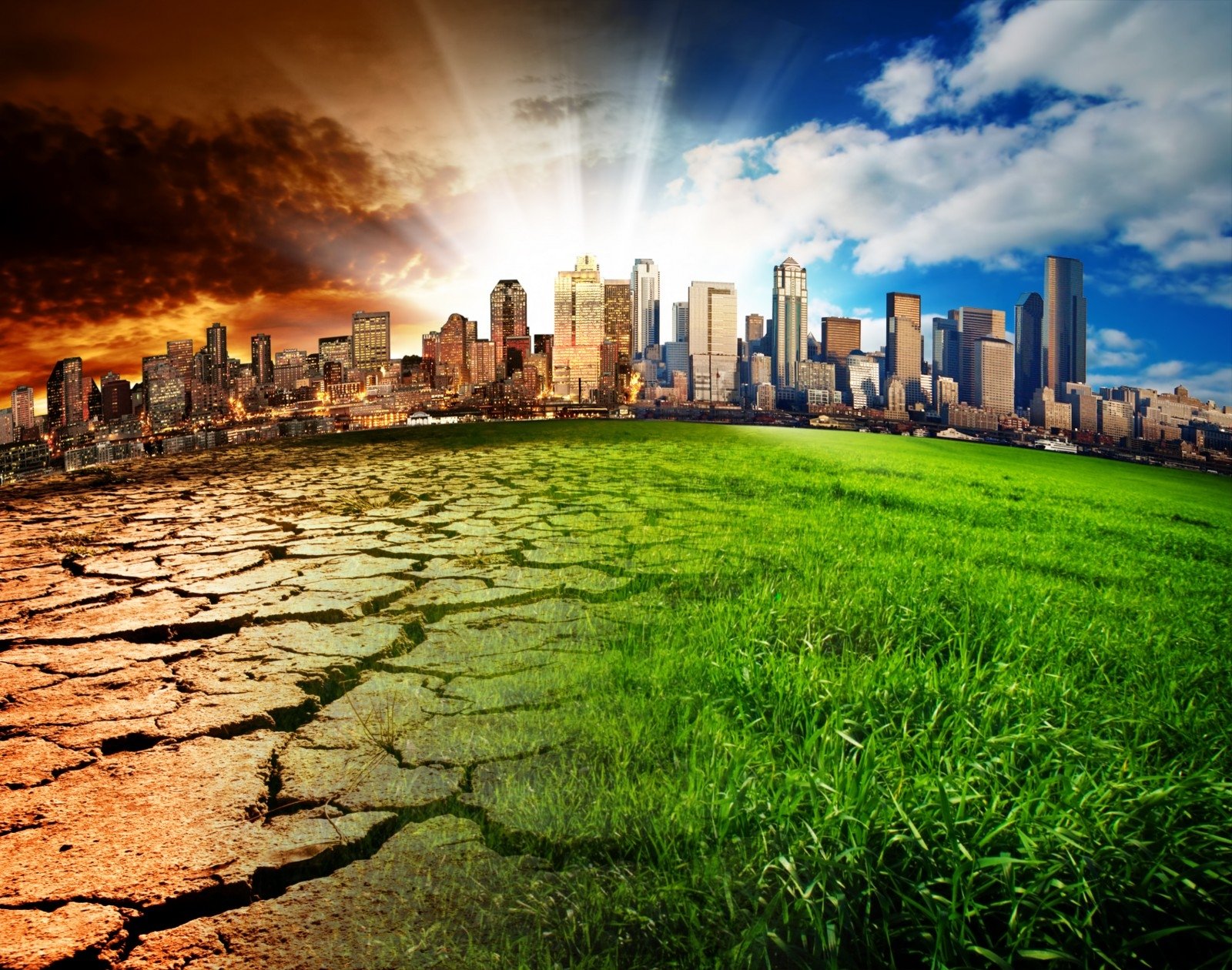Quiz #4
How has learning World History this summer grown your ability to understand or appreciate the article?
https://romanenvironment.wordpress.com/roads-of-the-roman-empire/

2) Anne Mawathe. “Coronavirus: Why Africans should take part in vaccine trials.” BBC. May 18, 2020. https://www.bbc.com/news/world-africa-52678741
In this article on Africans being used for Coronoavirus testing, I am shocked but not shocked by such allegations. Just because a country is lacking in funding and needed supplies to combat this worldwide pandemic should NEVER be a reason to even make false news. The BBC took a professional and information medical approach to this public and false mess. By approaching the facts and not the accusation was the best way to address it. Africa has long been a nation of mistreatment and abuse.
In our textbook on p. 791 it speaks of how Europeans viewed all races, especially when showing the "Progressive Development of Man". It illustrates an Ape, African, Native American, Asian, and finally a white man. This progress clearly is showing a superiority on race and color and how and where everyone in the world ranks. In another chapter, the "Power of the State" was discussed in where Africans where forced labor in the colonial system doing whatever was requested, having a massive slave labor force to do one's bitting is something that Europeans have recently learned to live without. It has only been from "The period from the mid-1950s through the mid-1970s" has been the "age of African independence as a colony". No wonder these wild but substantiated stories surface with the continuation of mistreatment and racist ways people in the world are still being viewed.
https://sites.psu.edu/afr110/2014/10/08/the-two-unique-colonialism/
.png)
3) Ganesh Chakravarthi. “Is it Time to Embrace the Anthropocene? The Anthropocene requires that humanity take responsibility for preserving the earth and its species.” The Diplomat. February 11, 2020. https://thediplomat.com/2020/02/is-it-time-to-embrace-the-anthropocene/
Anthropocene is defined as the "age of man." (p. 1052) This definition means that man has come into his/her own. Not in the sense of enlightenment, that has already happened, but the era that MANKIND is now aware of its place in the world and is now accountable for our acts to the world. This article speaks of the growth and expansion of man. How it has changed the world and what is the potential yet to come? In our text, Ways of the World on p. 1053, it discusses the three major factors that have caused environmental change.
1. Population explosion - Population has tripled in less than 100 years, an unsustainable rate of growth
2. Fossil fuels - Depletion of natural resources that can NOT be replaced, causing Carbon footprint.
3. Economic growth - Goods and Services - Massive manufacturing stripping the earth of minerals
On p. 1055 it speaks of the birth of Modern environmentalism dating as far back as the late eighteenth century. People began to look at the long term effect of what we were doing and how it damages our environment. In those days, they did not know as much information as we do but they were at least conscious of what was being done. In the article it says, "Martin Rees, the astronomer royal and former president of the Royal Society, said, “The darkest prognosis for the next millennium is that bio, cyber or environmental catastrophes could foreclose humanity’s immense potential, leaving a depleted biosphere.”
Sensing self demise in the direction of growth and usage that we are going in, it is no wonder that was as humans need to constantly look back in our history to learn from our mistakes and correct them. Others think that there might be simpler solutions locked in our history. in fact, I agree with the second option. In chapter 11 (p.457) is spoke of the Pastoral Peoples, specifically the Mongols. They were a nation that was in tune with nature and made decisions based on the positive potential of using the resources of the land or moving on to allow for regrowing and sustainability for the future. The largest Empire that the world has seen spanning from the Pacific to the Atlantic ocean. Which prevented the least carbon footprint in history by limiting population due to mobility, minimized metal forging (reusing conquered weapons), minimized metal working (strip mining), and smaller mobile huts (tents) to adequately use surrounding resources for villages.
